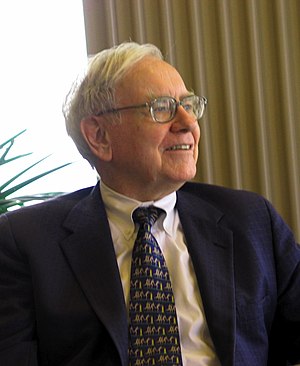
- Image via Wikipedia
This week the Forbes 400 Richest Americans list came out (which I worked on) amidst the backdrop of the glamorous Clinton Global Initiative. Meanwhile most Americans are doing poorly – recent data from the Federal Reserve states that U.S. household wealth fell by $1.5 trillion in the second quarter, indeed last year’s poverty rate was at a 15 year high. Unemployment is still worrisome, and most people I know are working much harder for much less. So why should we get excited about a rich list which applauds ridiculous accumulations of wealth?
There is substantial economic commentary behind the numbers. As editor Luisa Kroll notes in her intro, more than half of the leaders on the list increased their fortunes. That means money is being made, which means hope for the U.S. economy. As one former editor of the list used to say, if the people on the 400 make money, it trickles down and the rest of us make money. Tech is one area that remains hot and should be the focus of U.S. investment in education and R&D spending.
Another rich list that I recently worked on, Thailand’s 40 Richest, tells an even more interesting tale. The country faced political uproar in May that saw its stock exchange set on fire. Yet the economy rebounded well beyond where it was a year ago. Behind the surface political instability is a nation which finds balance in its long reigning monarch, King Bhumibol (who happens to be the world’s richest royal). Rising incomes are also boosting businesses. Both factors have led investors to pour money into the market. But whether King Bhumibol’s successor will have the same effect when the time comes is up in the air.
So then you can get into the celebrity and drama which is why Warren Buffet appears with Jay-Z on the Forbes 400 web page. Shakespeare would also have a field day: fallen titans, divorce, mental illness. Have a read.


